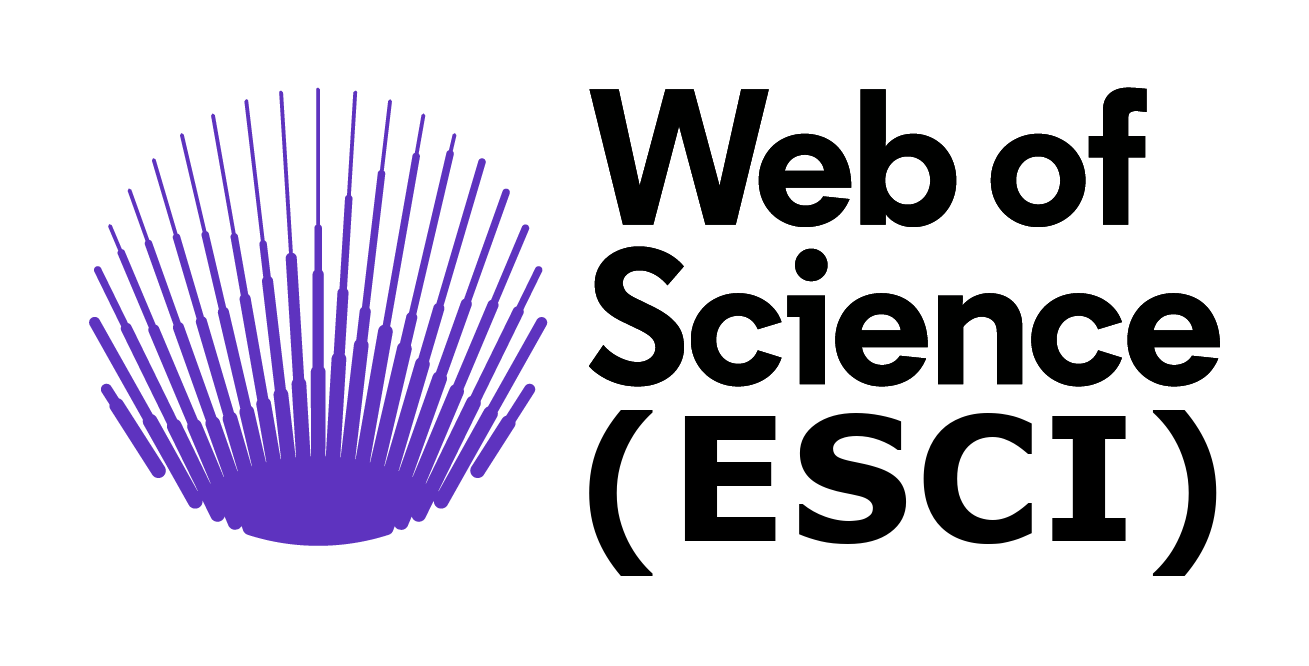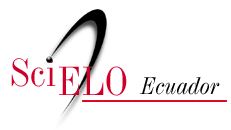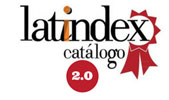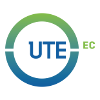Tool for the quantitative evaluation of a Facebook app-based informal training process
DOI:
https://doi.org/10.29019/enfoqueute.v8n1.137Keywords:
Informal learning process, Facebook, quantitative measurement.Abstract
The study of the impact of Facebook in academy has been mainly based on the qualitative evaluation of the academic performance and motivation of students. This work takes as starting point the use of the Facebook app Sigma in the Universidad Técnica de Ambato. Students of this university share educative resources through Sigma. This constitutes an informal learning process. We have proposed to construct Gamma, a tool for the generation of statistics and charts that illustrates the impact of the social network in the resulting learning process. This paper presents the results of the study of how Gamma is valued by those who like to do informal learning. It was checked that 1) Gamma gives feedback about the value of educative resources and social actions and that 2) it allows the quantitative measurement of the impact of using Facebook in the informal learning process. As an added value, Gamma supports the communication between supporters and detractors of the use of Facebook in the academia.
Downloads
References
Astin, A. (1993). What matters in college: Four critical years revisited. The Journal of Higher Education.Washington, 22(8).
Brech, F., Messer,U., Vander Schee, B., Rauschnabel, P., y Ivens, B. (2016). Engaging fans and the community in social media: interaction with institutions of higher education on facebook. Journal of Marketing for Higher Education, 1–19.
Chun-Jung, C., y Sheng-Yi, W. (2015). A case study exploring junior high school student’s interaction behavior in a learning community on Facebook: Day and time. International Journal of Learning, Teaching and Educational Research, 12(2), 99–106.
Cunha, F.R., van Kruistum, C., y van Oers, B. (2016). Teachers and facebook: using online groups to improve students’ communication and engagement in education. Communication Teacher, 30(4), 228–241.
Fernández-Peña, F., y Urrutia-Urrutia, P. (2016). Construcción de un repositorio digital académico utilizando facebook. Tecnología, innovación e investigación en los procesos de enseñanza-aprendizaje. Edit. Octaedro.
Gómez, M., Roses, S., y Farias, P. (2012). The Academic Use of Social Networks among University Students. Comunicar, 38, 131 – 138.
Gordon, J. (2014). How is language used to craft social presence in facebook? a case study of an undergraduate writing course. Education and Information Technologies, 21(5), 1033–1054.
Junco, R. (2011). The relationship between frequency of Facebook use, participation in Facebook activities, and student engagement. Computers and Education, 58(1),
162–171.
Junco, R. (2012). Too much face and not enough books: The relationship between multiple indices of Facebook use and academic performance. Computers in Human Behavior, 28(1), 187–198.
Junco, R. (2015). Student class standing, Facebook use, and academic performance. Journal of Applied Developmental Psychology, 36, 18–29.
Kirschner, P. A., y Karpinski, A. C. (2010). Facebook and academic performance. Computers in Human Behavior, 26(6), 1237–1245.
Kirschner, P.A. (2015). Facebook as learning platform: Argumentation superhighway or dead-end street?. Computers in Human Behavior.
Kitto, K., Cross,S., Waters, Z., y Lupton, M. (2015). Learning Analytics beyond the LMS: the Connected Learning Analytics Toolkit. Computers in Human Behavior, 11–15.
Michikyan, M., Subrahmanyam, K., y Dennis, J. (2015). Facebook use and academic performance among college students: A mixedmethods study with a multi-ethnic sample. Computers in Human Behavior, 45, 265–272.
Nevzat, R., Amca, Y., Tanova, C. y Amca, H. (2016). Role of social media community in strengthening trust and loyalty for a university. Computers in Human Behavior, 65, 550–559.
Nielsen, J. (1999). Designing web usability: The practice of simplicity. New Riders Publishing.
Oklar, A. N. C. (2012). Evaluations of Students on Facebook as an Educational Environment. Turkish Online Journal of Qualtitative Inquiry, 3(April), 42–53. Recuperado de http://www.tojqi.net/articles/TOJQI_3_2/TOJQI_3_2_Article_4.pdf
Pérez, J., Le, K., y de la Cruz, J. (2014). Integrating Facebook in the classroom: Pedagogical dilemmas. Journal of Instructional Pedagogies, 1–10. Recuperado de http://www5.aabri.com/manuscripts/131752.pdf
Puhl, T., Tsovaltzi, D., y Weinberger, A. (2015). A Long-Term View on Learning to Argue in Facebook: The Effects of Group Awareness Tools and Argumentation Scripts. Paper presented at Computer Supported Collaborative Learning Conference (CSCL), Gothenburg, Sweden.
Tsovaltzi, D., Weinberger, A., Scheuer, O., Dragon, T., y McLaren, B. M. (2011). Collaborative learning in Facebook: Can argument structure facilitate academic opinion change? CSCL Conference Proceedings, 2–5.
Yunus, M., y Salehi, H. (2012). The effectiveness of Facebook groups on teaching and improving writing: Student’s perceptions. International Journal of Educational and Information Technologies, 6(1), 87–96.
Published
How to Cite
Issue
Section
License
The articles and research published by the UTE University are carried out under the Open Access regime in electronic format. This means that all content is freely available without charge to the user or his/her institution. Users are allowed to read, download, copy, distribute, print, search, or link to the full texts of the articles, or use them for any other lawful purpose, without asking prior permission from the publisher or the author. This is in accordance with the BOAI definition of open access. By submitting an article to any of the scientific journals of the UTE University, the author or authors accept these conditions.
The UTE applies the Creative Commons Attribution (CC-BY) license to articles in its scientific journals. Under this open access license, as an author you agree that anyone may reuse your article in whole or in part for any purpose, free of charge, including commercial purposes. Anyone can copy, distribute or reuse the content as long as the author and original source are correctly cited. This facilitates freedom of reuse and also ensures that content can be extracted without barriers for research needs.
This work is licensed under a Creative Commons Attribution 3.0 International (CC BY 3.0).
The Enfoque UTE journal guarantees and declares that authors always retain all copyrights and full publishing rights without restrictions [© The Author(s)]. Acknowledgment (BY): Any exploitation of the work is allowed, including a commercial purpose, as well as the creation of derivative works, the distribution of which is also allowed without any restriction.























 Enfoque UTE - Facultad de Ciencias de la Ingeniería e Industrias - Universidad UTE
Enfoque UTE - Facultad de Ciencias de la Ingeniería e Industrias - Universidad UTE